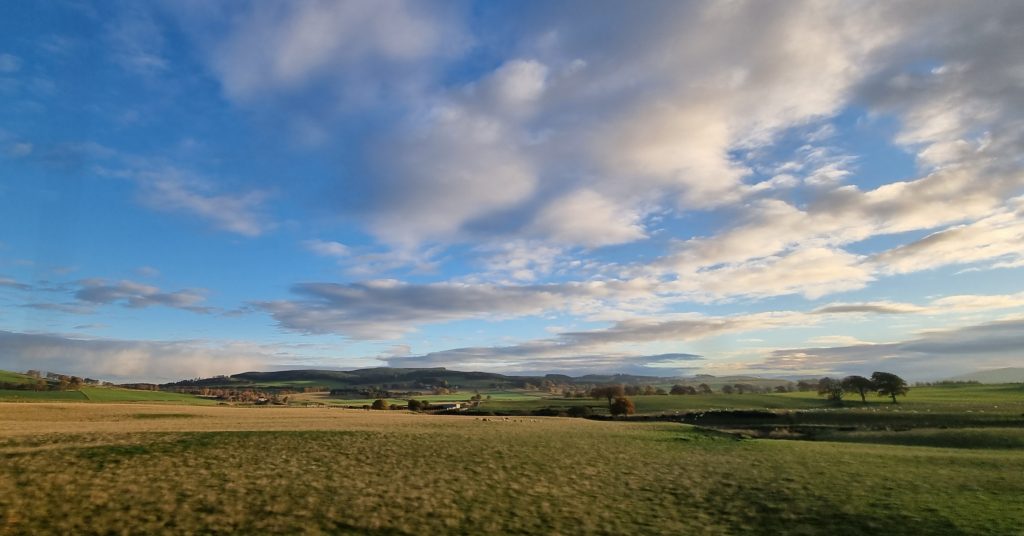COP26
Returning from Glasgow, during COP26 – UN Climate Change Conference, here are a few interconnected thoughts.
1) “The pandemic has taught us that national solutions to global problems do not work”. So said Mia Mottley, Prime Minister of Barbados in this fantastic speech; https://lnkd.in/d8_UXhGE
2) We need to think harder about how we can support and influence countries bigger than ourselves. And we need to get better at differentiating between a regime, and its people or organisations. China, for example. Brazil. To exclude them from our collaborations would be unwise.
3) As impact measurement becomes the norm, we must remember that 99% of companies are not large. For too many, the perception is that measuring their emissions is complicated, costly or both. We must work harder to identify the smartest, most accessible solutions.
4) Politicians need to be careful not to over-spin their announcements. This week, the news that 450 firms controlling 40% of global financial assets have aligned themselves to limit global warming to 1.5C was greeted as good news. It is. More worrying was that this was described (by leaders who should know better) as a $130 trillion “investment”. It isn’t. This sort of thing undermines trust in big announcements.
5) If the problem is worth solving, the right people are having the conversation and the outcome is a firm commitment, then talking (or “blah blah blah”) can sometimes be the most powerful thing in the world.
6) We should be increasingly wary of round numbers, especially counted in decades. Too easy, I think, for an additional ten years of harm to be added at the stroke of a boardroom pen. Show me a team which commits to 2027 and I’ll know they’re deadly serious.
7) This week has focused on the politicians. But it is, as they say, “non state actors” (including businesses) who have an equally big role to play. We should demand and support the small and big changes they make. Not just on emissions but on how they design their products and services. How they reinvent their business models.
8) We’ll need the brightest minds in behaviour change to help think through the biggest challenge of all – what we humans deem to be “enough”. How can we make spending less, wasting less, or using less energy more desirable? How can “less” seem like “more”?
9) The “great resignation” and the abundance of innovation in universities offers a golden opportunity. Let’s connect disillusioned business people with the inventors of tomorrow.
10) There is an opportunity for certain big ideas to bridge the interconnected worlds of physical health and planetary health. One example is in fighting air pollution. Let cities compete to have the cleanest air in the world.
11) The climate crisis is the biggest imaginable symptom of a deeply human problem. Our lack of thoughtfulness, respect and, yes, love. For each other. If we can rekindle those things, urgently, we will be back on track.
